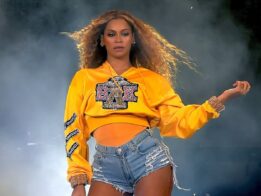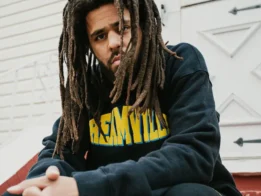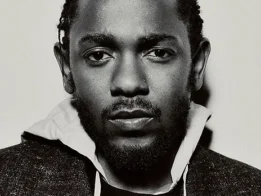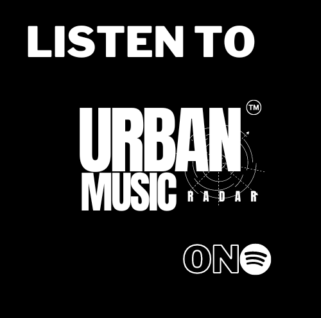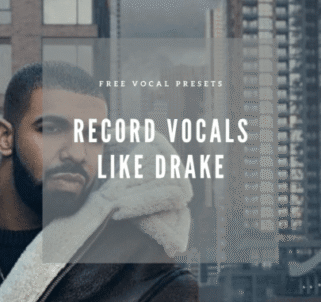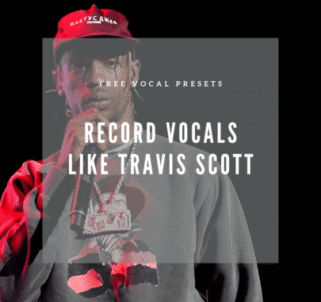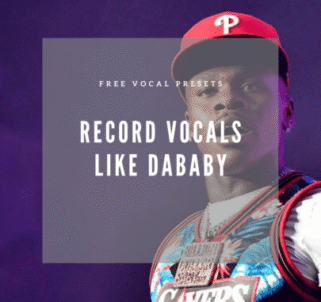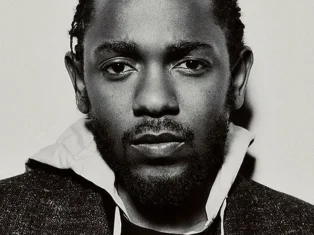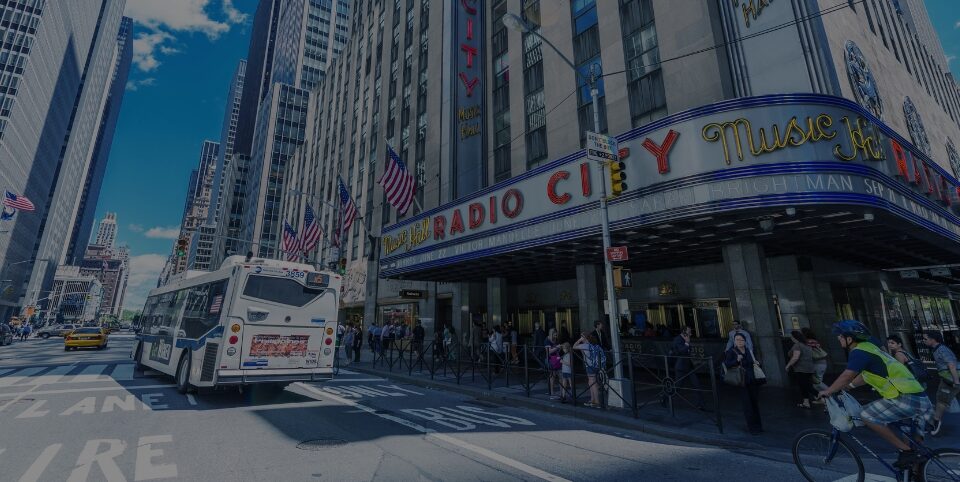
Music Festivals – Shaping Modern Urban Music Culture For Generations
It's undeniable that music festivals have played a significant role in shaping the modern urban music culture for generations. From Woodstock to Coachella, these epic gatherings have revolutionized the way we experience live music, creating a sense of community and a platform for artists to showcase their talents. Dive into the world of music festivals and discover how they continue to influence and inspire the ever-evolving landscape of urban music culture.
The Birth of Music Festivals
The 1960s Counterculture Movement
A pivotal moment in the history of music festivals can be traced back to the 1960s Counterculture Movement. This era was characterized by a shift in societal norms and a rejection of traditional values, leading to a surge in experimentation and a newfound appreciation for art, music, and freedom.
To the rebels and visionaries of this time, music became a powerful tool for self-expression and social change. As a result, music festivals began to spring up across the country, providing a platform for artists to share their message and connect with like-minded individuals.
Woodstock: The Pinnacle of Peace and Music
Any discussion of music festivals would be incomplete without mentioning Woodstock. Held in 1969 in upstate New York, Woodstock is widely regarded as the pinnacle of peace and music, drawing hundreds of thousands of people from all walks of life to celebrate love, unity, and the power of music.
Another defining feature of Woodstock was its lineup of iconic musical acts, including Jimi Hendrix, Janis Joplin, and The Who. These legendary performances captured the spirit of the era and solidified Woodstock's place in history as a symbol of unity and cultural revolution.
The Evolution of Music Festivals
From Hippie Gatherings to Mainstream Events
There's a rich history behind the evolution of music festivals, from their humble beginnings as gatherings of like-minded individuals celebrating music and counterculture to becoming mainstream events that shape modern urban music culture. As Local Rhythms: The Hip-Hop Scene Shines At Community Music Festivals shows, music festivals have always been a reflection of the times, evolving to embrace different genres and styles.
The Rise of Electronic Dance Music (EDM) Festivals
For music lovers, the rise of Electronic Dance Music (EDM) festivals has been a game-changer. These high-energy events have become a global phenomenon, attracting millions of fans from all over the world. For instance, festivals like Tomorrowland and Ultra Music Festival have redefined the concert experience, blending cutting-edge technology with mind-blowing visual effects and top-notch sound systems to create an immersive environment unlike any other.
The Impact of Technology on Festival Experiences
Impact of technology on festival experiences has been profound, revolutionizing how we consume music and entertainment. Another notable change is the integration of cashless payment systems, RFID wristbands for entry, and augmented reality experiences, enhancing convenience and engagement for festival-goers.
The Cultural Significance of Music Festivals
To explore the cultural significance of music festivals, one must look into their evolution over time. Check out The Evolution of Music Festivals, a detailed look at how these events have shaped the music scene.
Community Building and Social Bonding
Any music festival enthusiast will tell you that these events are more than just a gathering of music lovers; they are a platform for community building and social bonding. Festivals bring together people from all walks of life, creating a sense of belonging and unity among attendees. The shared experience of enjoying music in a collective setting fosters connections and friendships that can last a lifetime.
Self-Expression and Identity Formation
On another level, music festivals provide a space for self-expression and identity formation. Through their choice of music, fashion, and overall festival experience, attendees can showcase their unique personalities and connect with like-minded individuals. Festivals offer a judgment-free zone where people can freely express themselves and explore different aspects of their identity.
To further research into the significance of self-expression and identity formation at music festivals, one can observe how attendees use these events as a canvas to express their individuality. From elaborate costumes to body art and unique hairstyles, festival-goers embrace the opportunity to stand out and celebrate their authentic selves amidst a diverse and accepting crowd.
Platforms for Social and Political Activism
For some festival-goers, these events serve as platforms for social and political activism. Music festivals often attract large crowds, making them ideal spaces to raise awareness about important issues and advocate for change. From environmental sustainability initiatives to human rights campaigns, festivals have the power to amplify voices and spark meaningful conversations about pressing societal matters.
It is truly remarkable to witness how music festivals have evolved from mere entertainment venues to hubs of social and political activism. By providing a stage for advocacy and meaningful dialogue, festivals have become instrumental in driving positive change and shaping the cultural landscape for generations to come.
The Economic Impact of Music Festivals
Revenue Generation and Job Creation
Music festivals are not just about the music; they also play a vital role in generating revenue and creating job opportunities. These events attract a vast number of attendees, leading to significant spending on tickets, food, drinks, merchandise, and accommodations. The economic impact extends beyond the festival grounds, benefiting local businesses such as hotels, restaurants, and transportation services.
Local Economic Boosts and Urban Development
To add to the economic impact, music festivals can boost the local economy and contribute to urban development. Cities that host these events often see an increase in tourism, which brings in additional revenue and helps improve infrastructure. Additionally, music festivals can revitalize underutilized urban areas, bringing new life and energy to previously overlooked neighborhoods.
In some cases, music festivals have even played a role in shaping urban landscapes, leading to the development of new cultural districts and entertainment zones. These areas can become hubs of creativity and innovation, attracting a diverse range of businesses and residents looking to be part of a thriving cultural scene.
The Dark Side: Environmental and Social Concerns
To counterbalance the positive economic impact, it's vital to consider the environmental and social concerns associated with music festivals. Large-scale events can generate significant waste and put a strain on local resources such as water and energy. Additionally, issues like noise pollution and disruptions to local communities need to be addressed to ensure a harmonious coexistence between festivals and residents.
The Role of Music Festivals in Shaping Urban Music Culture
Launching Careers and Breaking New Artists
Shaping the course of modern urban music culture, music festivals play a pivotal role in launching careers and breaking new artists onto the scene. These platforms provide emerging talent with the opportunity to showcase their skills in front of large, diverse audiences, often leading to significant recognition and industry connections.
Influencing Music Trends and Genres
With their finger on the pulse of the music scene, music festivals have a profound influence on shaping trends and genres within urban music culture. By curating lineups that reflect current musical movements and introducing festival-goers to new sounds and styles, these events serve as breeding grounds for innovation and experimentation.
Careers can skyrocket after a standout performance at a music festival, as the exposure and buzz generated can lead to record deals, collaborations with established artists, and increased opportunities for live performances and media coverage.
Fostering Collaborations and Creative Exchange
One of the key functions of music festivals in shaping urban music culture is fostering collaborations and creative exchange among artists. By bringing musicians from different backgrounds and genres together on one stage, these events create unique opportunities for unexpected partnerships and boundary-pushing experimentation.
Music festivals serve as melting pots of creativity, where artists can exchange ideas, techniques, and influences, ultimately contributing to the evolution and diversification of urban music culture.
Challenges and Controversies
Once again, music festivals face a myriad of challenges and controversies as they continue to shape modern urban music culture. A recent article on trends in music festivals discusses the increase in popularity and the unique culture these events create.
Safety Concerns and Crowd Management
To ensure the safety and well-being of attendees, organizers must address issues such as overcrowding, drug use, and security threats. Implementing effective crowd management strategies and providing adequate medical facilities are important to prevent emergencies and maintain a positive festival experience for all participants.
Commercialization and Homogenization
Crowd control is one of the key challenges faced by music festivals, as the increasing commercialization and homogenization of lineups and experiences can detract from the unique vibe that sets each event apart. As festivals become more profitable and attract corporate sponsors, there is a risk of losing the authentic and independent spirit that originally defined these gatherings. Management of ticket pricing, concessions, and brand partnerships must be carefully balanced to ensure that the festival retains its identity and caters to a diverse audience. By staying true to their roots and supporting emerging artists alongside headliners, festivals can avoid becoming generic and maintain their appeal to loyal fans.
Diversity and Representation in Lineups and Attendance
Lineups at music festivals often come under scrutiny for lacking diversity and representation, both in terms of artists and attendees. Despite efforts to book a variety of acts, festivals can still fall short in showcasing marginalized or underrepresented groups in their lineups, perpetuating inequalities in the music industry. Controversies may arise when festivals fail to address issues of inclusivity and accessibility, leading to backlash from fans and artists alike. To truly shape modern urban music culture for generations to come, festivals must prioritize diversity and representation in all aspects of their planning and execution.
Final Words
Summing up, throughout the years, music festivals have played a crucial role in shaping modern urban music culture for generations. These events provide a platform for artists to showcase their talents, for fans to come together and celebrate their love for music, and for the music industry to thrive. From Woodstock to Coachella, music festivals continue to evolve, influencing trends in fashion, art, and entertainment, and leaving a lasting impact on society as a whole. As we look towards the future, it is clear that music festivals will remain an integral part of urban culture, bringing people together and creating unforgettable experiences for music lovers around the world.
HOT RIGHT NOW
© Noise Navigator

